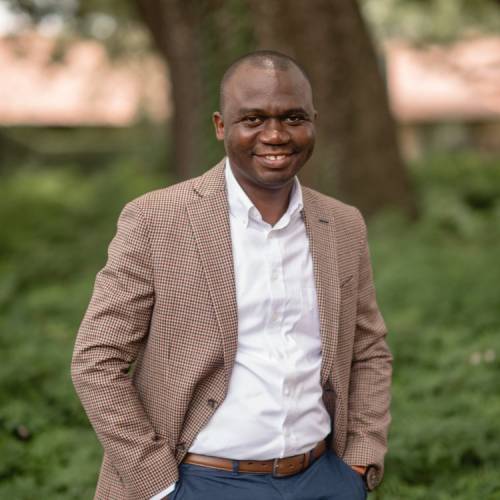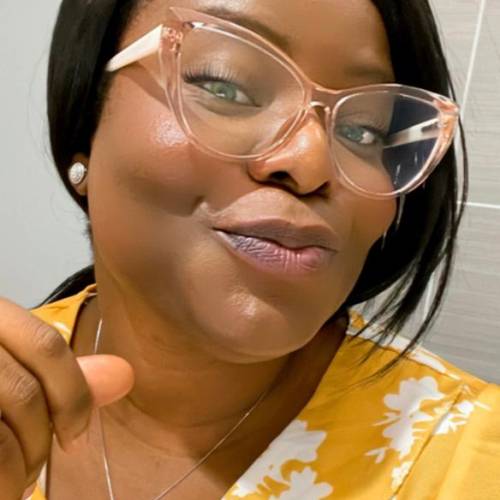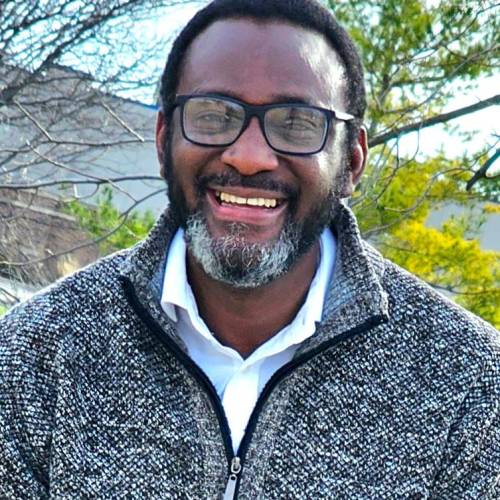In 2014, I completed my master’s program in geoscience and sought for a job. I attended a couple of conferences where most companies told me they do not sponsor job applicants for H1B or green cards. In addition, the online application platform of most companies within my field explicitly discourages F-1 and J1 visa holders from applying for a position with them.
I enrolled in a Ph.D. program to position myself for a job because some companies file H1B or green cards for Ph.D. holders. In 2017, a friend told me about his cousin that filed and got approval for Green Card under Employment-Based Second Preference National Interest Waiver (EB2-NIW), so I decided to turn in my petition. I had no published papers at the time of filing in 2018. I sought the counsel of a lawyer at a law clinic, and he advised me against turning in a petition because I had no published paper. He said I needed three published papers for my petition to be approved under the EB2-NIW category. I decided to apply based on my presentations at over 12 peer-reviewed conferences, my government-funded research, internships and full-time work experience in the energy industry. My petition, I-140, was approved within 6 months, and I secured my green card in November 2019. Details of my story are available on our YouTube channel.
I am qualified to help you write and review your petition packet because I wrote my petition cover letter and put my application together. In addition, I have worked with other people to draft their petition cover letters and identify suitable supporting documents for their applications. Kindly refer to our YouTube channel for testimonials of past applicants.
In the United States, there are multiple benefits of becoming a green card holder, including maintaining a permanent status for many years without the burden of frequently submitting paper works, the freedom to work and live in the United States, the freedom to travel in and out of the United States, seek United States citizenship and apply for your immediate family members. Like most non-immigrants, I came to the United States with little knowledge of how to become a United States permanent resident. I came in as a student and my benefits were grossly limited. I faced limited job potential as most job listings stated that only permanent residents and United States citizens were needed. I was also faced with uncertainty of returning into the United States when I traveled out of the country as a student. I often did a lot of paperwork every two years to remain in status as a student.
In my case, the most agonizing part of being a United States non-immigrant was the fact that I couldn’t file for my immediate family member, and this meant that although my husband could come into the United States as my dependent, he couldn’t work, start a business, or earn money with such visa. In my fourth year as a student in the United States, I self-petitioned for my green card, and I later got all the perks of becoming a United States permanent resident along with my dependent. I have since helped friends and colleagues who usually are at the crossroads of leaving the United States or becoming jobless due to their non-immigrant status.
I am bringing passion, understanding of high stakes, and practical experiences into working here at My green card story; such that could draft cover letters and review other documents for your NIW EB1/EB2 application package. In the three years of actively working on getting my green card or that of others, I have held two seminar sessions open to the public to teach people how to successfully self-petition for their green cards using the NIW EB1/EB2 route. I am a published writer and reviewer who has mastered the art and act of writing on different topics and platforms. I am excited to continue working one-on-one with clients at My green card story that has what it takes as professionals and are making impacts in their field within or outside the United States to get their permanent residency status in the United States.
My journey in the United States began as an ambitious F-1 international student with big dreams and limited certainty. Like many who leave their home countries in pursuit of education and opportunity, I was eager to contribute meaningfully to my new community. Yet, the realities of being on a student visa quickly became apparent, restricted employment, constant status maintenance, and the lingering fear of whether I would be able to build a long-term life here. These challenges didn’t weaken my determination; instead, they fueled a deeper desire to secure stability, expand my career potential, and create lasting impact in the U.S. I soon learned that becoming a permanent resident was not just an immigration milestone, but a gateway to autonomy, career growth, and the ability to fully invest in the country I wanted to call home.
Motivated by this vision, I decided to self-petition for permanent residency. My first application was for the EB-2 National Interest Waiver. I poured myself into the process, gathering evidence, and believing wholeheartedly in my qualifications. When the petition was denied, it was discouraging, but it did not defeat me. Instead, it transformed me. I became deeply committed to understanding why petitions succeed or fail, how to build a strong evidentiary narrative, and how critical it is to articulate one’s value in a way that resonates with immigration adjudicators. I spent the next year studying successful cases, refining my understanding of USCIS adjudication standards, and rebuilding my self-petition from the ground up. That work paid off when I filed my EB-1A Extraordinary Ability petition and received an approval. That approval was more than a personal victory; it was a turning point that shaped the next chapter of my career.
Drawing from my own experience, both the setbacks and the triumph, I have committed myself to helping others navigate this challenging and life-defining process. Today, I bring the insights, resilience, and strategic awareness that came from my own immigration journey. I understand the emotional weight of each case, the precision required to craft a persuasive narrative, and the importance of presenting achievements with clarity and power. My passion lies in helping people transform their qualifications into compelling petitions that truly reflect their value. I have helped many applicants succeed because I know firsthand what it takes, not just technically, but emotionally and strategically, to build a winning case. For me, this work is more than writing; it is a way of empowering others to claim their future in the United States, just as I fought to claim mine.



